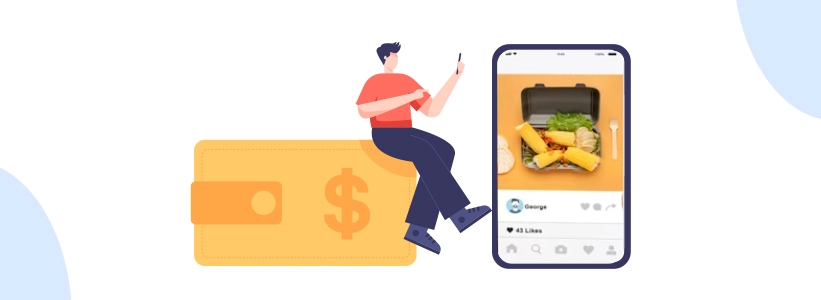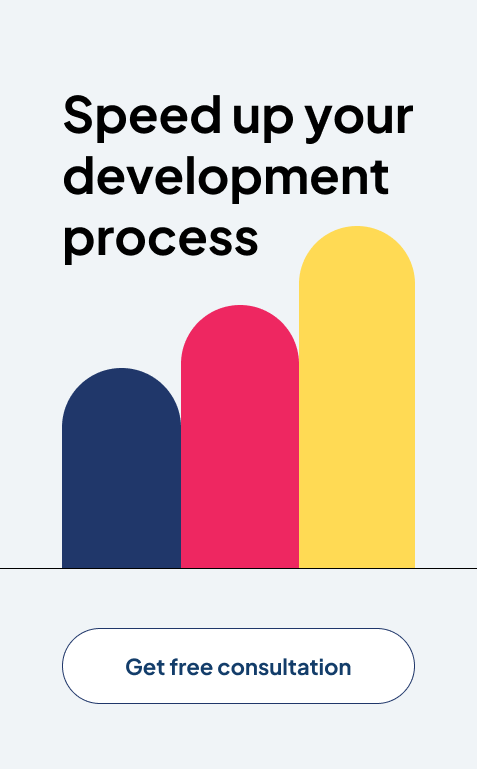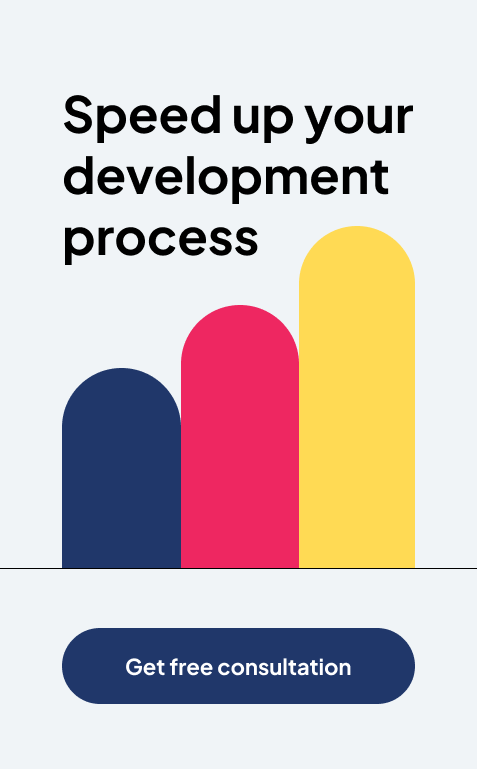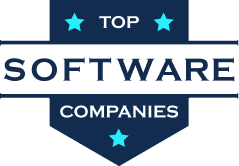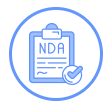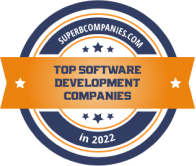How to Build an App Like Zomato – How Much Will it Cost?
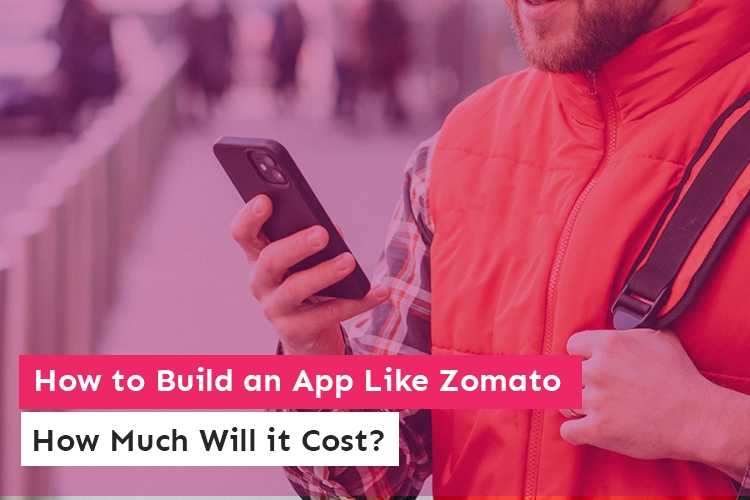
We all enjoy different types of food, but occasionally don’t feel like cooking. Food delivery has resulted from our cravings. Ordering meals using various food delivery apps like Zomato, Swiggy, Uber Eats, and others have gotten simpler and more convenient in recent years.
Your dinner will soon be at your doorstep when you choose the restaurant and cuisine you want to order. These foodies also contribute to the growth of the meal delivery industry.
Zomato has significantly changed how Indians view their meals. Fast meal delivery to your home, assistance with “where to eat” concerns, alluring discounts, and exceptional live monitoring capabilities all helped Zomato gain an advantage over its rivals in the food market.
We all see ourselves as the owner of an app like Zomato, effortlessly delivering meals to doorsteps and becoming richer by the day in a world where developing online food order delivery apps is lucrative. But if only it could be done with the wave of a magic wand.
We’ll be putting some light on Zomato and all you need to know about developing a comparable app if you’re looking to build a meal delivery application to boost your business model in the food order sector.
Components of Similar App like Zomato
The four essential components shared by all food order delivery applications are listed below. Together, these four components make it possible for the app to function as a whole.
1. Customer Side:
When users log into the app, the customer element is what they will see on their displays. This covers looking up restaurants, placing meal orders, making reservations, paying, and giving reviews.
- You can see simple restaurant details including menus, restaurant images, the restaurant’s address, phone number, and user ratings and reviews.
- Use the simple search option to look up nearby restaurants, bars, and cafés.
- simple ordering of food
- Several safe payment methods, including UPI, credit card, debit card, Paytm, Google Pay, and Paypal, among others.
- Customers have access to their past reservations and orders.
- Simple registration process; users may even sign up using their social network profiles.
- Users may connect and share their favorite foods on social media by using their handles on those platforms.
- To make specific requests concerning their order, customers can phone the restaurant or the driver.
- Users may follow the progress of their orders and the delivery using the track driver feature.
- To construct their accounts, users of the app can incorporate their social media handles.
- Users may access the push notification option to learn more about their orders.
Read Our Blog : How Long Does It Take to Develop a Mobile App?
2. Delivery Person App:
The delivery man makes sure that the ordered meal is delivered as soon as possible. The delivery login allows the delivery to track all client orders. It also contains the following extra features:
- Check Orders:
The delivery guy can then check the status of all orders as well as the grocery delivery window for each one. All orders, both pending and fulfilled, are also included. This makes planning easier.
- Accept or Reject Orders:
The delivery guy must be able to use this capability to accept orders that can be fulfilled. Orders that cannot be performed due to crises or orders submitted after business hours may also be rejected by the grocery delivery.
- Delivery History:
The delivery person can then keep track of all orders that have been completed throughout a certain time frame. This might happen every week or even every month.
- Call to Customers:
With the help of this tool, the delivery person can contact the customer and ask for additional delivery instructions if necessary. These specifics might consist of an address or any other data.
- Geolocation:
To track their delivery position, all grocery delivery guy applications must have a geolocation function to deliver the menu items
- E-sign Page:
Customers can sign on the E-sign page to verify that their order has been received.
3. Restaurant Side:
When restaurant owners log into the app, they view the user side of the business. They can view elements like client profiles and requests. In the majority of meal delivery services, customers and restaurant owners share the majority of the app’s functionality.
Read Our Blog : Top 9 Best Power BI Dashboard Examples
4. Admin Dashboard:
Finally, all aspects of the app, especially user activity, are managed using the admin panel.
- Admin Login
- Restaurant Management
- Application Management
- Order Management
- Technical Payment
- Payment Management
Requirements for Building a Similar App like Zomato
1. You need the following to create a basic version of the mobile app:
A project manager, testing engineer, two to four developers, back-end developers, and an interface/user experience designer.
2. To create an app with a variety of functions, you need:
UI/UX Designer, Project Manager, 2 to 4 Developers, Two to three back-end engineers, testing engineers, and admin panel developers.
3. You need the following to create an app with advanced features:
Two UI/UX designers; two to five developers; team manager/project manager, Admin Panel developer; testing engineers; three to four back-end engineers.
How to Create an App like Zomato?
1. Planning & Analysis:
1.1 Product Conceptualization:
Every product begins with an original concept. In certain circumstances, envisioning a new product based on something that currently exists may be rather straightforward. It might be anything out of the ordinary in a few circumstances. Many of the major IT corporations have innovation teams that focus completely on the goal of coming up with ‘the next great thing’. After the concept has been finalized, substantial work is spent on:
- Market Analysis
- Efficiency Analysis
- Technical Assessment
- Possibility Research
- Prototyping and return on investment.
Any company in the service sector must be able to provide the customer freedom and convenience, be simple to use, and take into account the demands of app users. The finest on-demand food order delivery apps, such as Zomato, UberEats, Deliveroo, Postmates, etc., have done a tremendous job at this and have gone above and beyond to ensure that their real time app customers receive nothing less than the best experience.
Read Our Page : Offshore software development services
1.2 Understanding the Product’s Requirement
The most important element of any app or web development process is precisely knowing what the customer wants. This stage is the foundation for all succeeding steps. If you don’t understand your target audience, odds are you won’t grasp the software either. You should seek help from the best real time application development companies to achieve your goal.
2. Initiate Your Project by Preparing PRD & BRD:
2.1 What’s BRD?
A Business Requirement Document (BRD) is a technical document that outlines the goals and expectations a business has for working with a vendor to finish a specific project. Recall that this is usually distinct from a functional requirements document (FRD).
Objectives of a BRD:
- To achieve consensus among interested parties.
- Inform the technological service provider of the company’s needs, the customer demands, and the needed solution to meet those needs.
- To establish the project’s contribution for the ensuing phase.
- Clearly state the company and consumer needs that the solution aims to satisfy.
Drafting a Business Requirement Document (BRD)
After gathering all of the relevant facts and information to construct an online meal ordering software like Zomato, it must be recorded. Any excellent business analyst will always endeavor to grasp the business model need before translating it into a BRD that will be utilized as a reference for the development process.
- BRD should be exact, understandable, and clear. When creating a web application, developers will start with this document, which includes all the relevant data and breakdowns.
- The Business Requirements Document will be the holy grail for the client and the software development company.
- Consider all potential deliverables and limits to some extent.
- This specific stage of the creation of an online site aids in preventing cost and schedule overruns as well.
- All construction must comply with the current document, and any new adjustments would demand more time and money.
2.2 What’s PRD?
All the details needed for a specific product may be contained in a Product Requirements Document (PRD). It could be read by those who want to discover what functions a product should have. However, a PRD should typically refrain from predicting or specifying how the product will look. Later, it will enable interface engineers and designers to apply their knowledge to provide the best answer to the needs.
This is a useful way to summarize your product strategy:
- Vision
- Where you would like your product to be in the future
- Goals
- List of product goals with a definite time frame and expected success metric
- Initiatives
- List strategic product initiatives
- Personas
- Who the product is for
3. Determine the Project’s Requirements:
You are more likely to establish a sound benchmark at the outset of a project when you can pinpoint its requirements.
You can define precise goals and objectives for a project if you understand its “what” and “why.” It also lays the foundation for the duties that will come after and how they will be carried out.
4. Verify the Project’s Objectives and Goals:
The foundation of the project scope should include your aims and objectives as being ones that adhere to reasonable criteria when developing a meal ordering software like Zomato. It must be clear, quantifiable, and doable. Furthermore, it must be realistic and finished in a predetermined period.
- Specific:
This entails clearly expressing the goals of the project. That is what, why, and how things will be carried out. Because each portion is clear, the likelihood of uncertainties and conflicts will be reduced.
- Measurable:
Are your goals and objectives easily measurable and ready for feedback and accountability?
- Achievable:
Are your project’s goals and objectives feasible given the resources you have on hand?
- Realistic:
Make sure the aims and objectives are simple to achieve, especially if unforeseen issues or complexities develop. Do they have an impact on the project’s overall quality, the project’s ability to stay under budget, and its ability to fulfill deadlines?
- Time Frame:
Have you completed your project’s goals and objectives within the allotted time? Is meeting these deadlines a crucial criterion?
5. Description of the Project Scope:
You must be clear about the features and functionalities needed for your service or product as a leader.
You may be developing a Zomato-like software for ordering meals, for instance. You need a list that outlines your website development strategy, the kind of branding you’ll need, and other details. What specific characteristics, in other words, will be realized after your idea is successful?
6. Expectations and Acceptance:
Projects that consider the end user’s satisfaction are successful. The end users may be your consumers or your internal staff, depending on whether they live up to the end user’s expectations and approve of the product, service, or process.
For consumers, this covers the cost, worth, and quality of the goods and services as well as their accessibility, expediency, and return policies. This comprises the efficacy and efficiency of the most recent operating procedures for the personnel. In the end, it’s important to keep the project scope and make an effort to give each of your end users superior results.
7. Identify Constraints:
Hurdles will constantly stand in the path of your goals. Being conscious of potential roadblocks might help you avoid issues that can impede or delay your capacity to complete your job.
These are frequently brought about by changing external factors (both internal and external), faulty technology, and/or a shortage of resources. It will be easier to complete projects on time and under budget if you discuss these issues with your team early on and take action to solve them. Analyzing their influence throughout the project’s timeframe, regardless of whether these are based on assumptions or uncertainties, further lowers the chance of failure.
8. Identify Necessary Changes:
It is usually ideal to avoid reworking the scope of your project because it requires additional time, money, and resources.
However, these adjustments are sometimes unavoidable and necessary. Limit modifications by considering the opinions of consumers, stakeholders, and project participants. This reduces later conflicts.
Cost To Build An App Like Zomato

The cost to build an app like zomato will depend on a variety of factors, including the platform you select, its design, and its functionality.
Having stated that, let’s analyze each of these in turn:
1. The Platform:
Designing an app that can be used on several platforms is one of the secrets to creating a successful real time app. Let’s not sugarcoat it either. This can raise the cost of the procedure. You just cannot afford to omit Windows, iOS, or Android from the list of major players.
2. The Design:
You know, the design is something you can’t skimp on because it’s one of the first things users notice when they encounter a new app. In reality, while creating a new app, design is among the most crucial aspects that must be taken into consideration. You need to hire the best UX UI designer and developer to create an excellent app.
As a result, you must consider factors like UX/UI, user interface, and others, all of which are irrelevant to defining a customer’s user experience. Making life simple for customers and retaining their business model that may be done in large part by offering features like a navigation menu, simple sign-up, order placement, and checkout.
There are also always other considerations, such as a place for review and feedback, order tracking, and so on. An excellent app is user-friendly, has an appealing layout, and is simple to use. And this will cost you a lot of money and call for some sophisticated technologies.
3. The Functionality:
Then there’s the functionality. The next most crucial aspect after the design is functioning. Why do you believe to build an app like Swiggy and Zomato have reached out to thousands of people around the country today?
Yes, the answer comes in their high-quality characteristics, which are the consequence of their efficient operation, which has enabled them to exceed practically all expectations.
There is the ordering, booking, and payment to consider, as well as the tracking of the order and the opportunity to reject it if required. The option to contact the delivery person, e-sign, and so on should also be available.
All of these may significantly enhance a new user’s experience and make him appreciate the software, which necessitates solid functioning.
4. App Developers:
And lastly, hire offshore developers will cost you money as well. Your recruiting intentions, amount of desired knowledge, and desired quality of service will all influence this. Keep in mind that you will ultimately be required to pay for each of them.
Put it this way, shall we?
Depending on the skill set you are looking for in an engineer and how much you are willing to pay, you can expect to pay anywhere from $10 to $35 per hour. Therefore, this will amount to around $100 every day. All of these will affect how much it will cost you to create an app similar to Zomato.
Making Money From a Food Delivery App like Zomato
This is how food delivery apps operate. Customers place an order. The restaurant then transmits it through the delivery partner, and the food is eventually delivered to the customer’s door.
So, if you’re new to the meal delivery sector and curious about how such apps make money, here’s a quick rundown of how it works.
- Customers of food delivery apps are first charged a delivery fee. This can be changed during peak hours as and when you believe is appropriate.
- This is one method of generating income. Then there’s recurring income, which you may earn money from as well.
- Finally, marketing is another option to generate money, so make sure your app has some room for adverts that you can place and be paid for.
- Restaurants benefit from more visibility, and you benefit from greater cash.
Conclusion
In the market for online meal delivery apps, Zomato has already made a name for itself and is a market leader. However, there are several prospects for applications that provide food online. There are many other vital actions that you must take into account. Working with the top Indian app development companies is essential if you want to create a food delivery service that competes with Zomato. Get in touch with our experts to get an estimate on your project!
We’re honored to mention that our efforts have been recognized by renowned B2B review and research platforms such as GoodFirms, Clutch, MirrorView, and many more.
Similar Posts

Popular App Ideas That Can Change the World
Mobile apps have become a necessity in our daily lives and instruments of giving a face to innovation and change in industries around the world. From communication apps to healthcare, education, sustainability, and many more, life-transforming Apps are redefining the world. What are those app concepts that can bring modification in the world? This question […]...

Top 3 WordPress Development Tools
WordPress developers do most of their work in test environments. If you are a WordPress developer or a company offering WordPress development services, you need an excellent WordPress development tool....
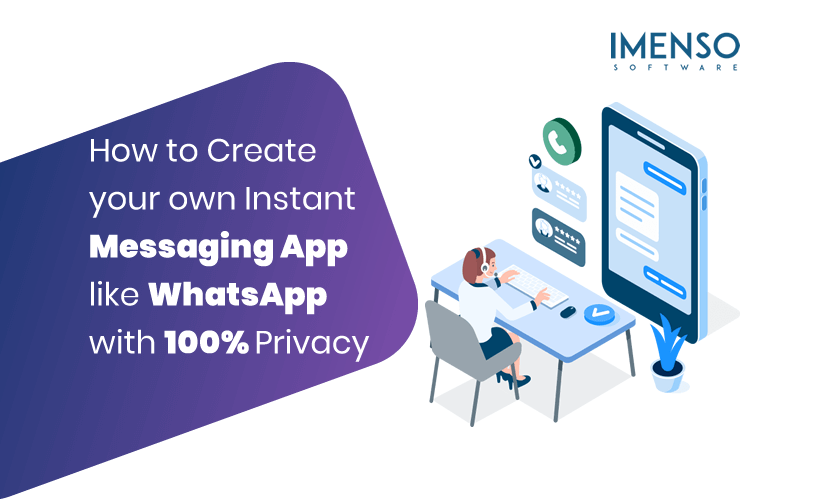
How to Create your own Instant Messaging App like WhatsApp with 100% Privacy
Messenger apps are a key part of how humanity interacts in the internet age. These apps have been giving web and mobile app development companies a run for their money by instantly delivering messages in real-time maintaining privacy. ...


